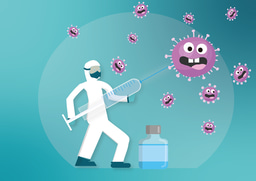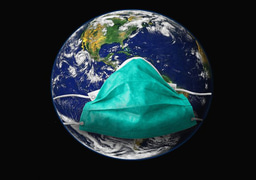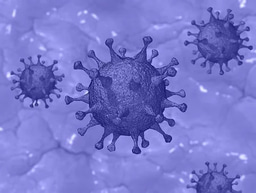Cultivated ignorance

The internet has drastically changed the task of popularization of scientific findings. Years ago, scientific results had to be disclosed to lay people who did not possess an adequate background using the simplest possible terms, and keeping a reasonable balance between precision and readability. Nowadays, lay people often possess a wrong background acquired via search engines such as google, and popularization of science may require the correction of this background. Unfortunately, the wrong information so widespread among lay people is obtained by means of active research and has a great psychological value for them. Vaccines and vaccination provide an important example: they are opposed by many people not because of passive ignorance (lack of information), but because of actively searched false information. Internet is a crucial ingredient of this type of cultivated ignorance. The simplest way to discover whether or not vaccines can cause death is to search with google or similar instruments "vaccine AND death". This search yields plentiful of positive hits, many of them from highly reliable sources (e.g. scientific publications listed by PubMed), and the searcher may not be aware that she or he is cherry picking the evidence because the search criteria favor positive instances. Indeed such a search will most probably fail to convey the answer a physician would give: the mortality of the vaccine is orders of magnitude lower than that of the disease from which it protects. A similar case may be made for theories on nutrition, pollution, etc.
Social psychologists have studied this problem and there are suggestions on the best communication strategies to overcome a wrong but strongly maintained opinion, or at least to reduce the confidence in it. However, these strategies are time consuming and difficult to apply to large scale communication. Yet, at least in some cases, scientists can count on non explicit common knowledge: after all, even the fiercest opponent of big pharma, when sick, goes to the hospital and accepts drug treatment.
It is important that scientists are aware of the active, cultivated ignorance of the web era and do their best to counteract it. In this respect it is quite difficult to evaluate the propagation of misinformation in the social media and to assess the human factors involved. A recent study (Vosoughi et al., Science, 2018, 359, 1146–1151; http://science.sciencemag.org/content/359/6380/1146) based on the differential diffusion of a very large set of verified false and true news has indicated that false news spread faster on the web than true ones. However, as the authors say: “robots accelerated the spread of true and false news at the same rate, implying that false news spreads more than the truth because humans, not robots, are more likely to spread it”.
Awareness does not solve the problem, but unawareness makes it worse.
(written in collaboration with Prof. Francesco Malatesta, Sapienza University of Rome, Italy)





Join the FEBS Network today
Joining the FEBS Network’s molecular life sciences community enables you to access special content on the site, present your profile, 'follow' contributors, 'comment' on and 'like' content, post your own content, and set up a tailored email digest for updates.